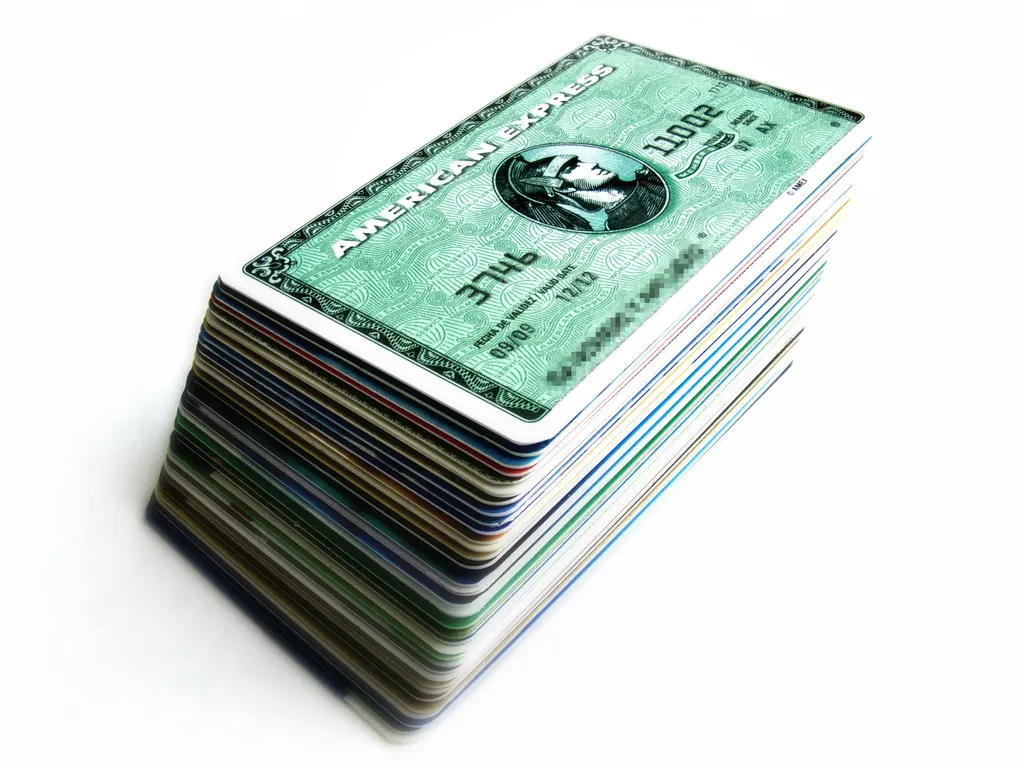How Credit Bureaus Really Make Money Off Our Financial Lives
When you think of a credit bureau, you probably picture a shadowy, all-knowing entity that holds the keys to your financial future. You know they track your payments and debt, but have you ever stopped to wonder how they actually make money from all that data?
The answer is both simple and, for many, a bit unsettling: You are the product, not the customer.
While you might pay a fee to access your own credit score or a credit monitoring service, the vast majority of the credit bureaus' revenue doesn't come from you. It comes from the thousands of businesses that want to know your financial story.
Here's a breakdown of how the credit reporting bureaus—Experian, Equifax, and TransUnion—turn your data into billions in profit.
The Information Broker Business Model
At its core, a credit bureau is an information broker. They collect, organize, and sell your financial history to a wide range of clients.
1. Selling Credit Reports and Scores to Lenders
This is the most well-known part of their business. When you apply for a credit card, a mortgage, or a car loan, the lender pulls your credit report from one or more of the bureaus. They pay a fee for this service, which is essential for them to assess your risk as a borrower. Lenders use this information to decide whether to approve your application, and if so, what interest rate to offer you. The bureaus are the gatekeepers to the world of credit, and lenders pay for that access.
2. Providing Marketing and Data Analytics
This is where things get even more interesting. Credit bureaus don't just sell individual reports; they sell data in bulk. A credit card company, for instance, might pay a bureau for a list of everyone in a certain age range with a credit score above a specific threshold. This is how you get those "pre-approved" credit card offers in the mail. The bureau has essentially sold your contact information based on your financial profile, enabling companies to target their marketing efforts with extreme precision.
3. Selling Services to You, the Consumer
While their primary customers are businesses, the bureaus also have a significant revenue stream from consumers. These services are often sold as a way for you to protect yourself, and they include:
• Credit Monitoring: For a monthly fee, these services alert you to changes on your credit report, like new accounts being opened or a large purchase.
• Identity Theft Protection: A subscription service that monitors your personal information and helps you if you become a victim of identity theft.
• Credit Scores: While you're entitled to a free credit report from each bureau once a year, you often have to pay a fee to get your actual FICO or VantageScore.
The Profitability of Imperfection: How Credit Bureaus Make More Money from Lower Scores
You might assume that consumers with perfect credit scores are the most valuable to credit bureaus. After all, they are the ideal customers for lenders, so shouldn't they be the most sought-after?
While consumers with excellent credit are a key part of the bureaus' business, the reality is that the bureaus have found ways to generate significant revenue from those with lower credit scores. It’s a fascinating, and perhaps cynical, twist on the financial system: in some cases, poor credit may be a more profitable business model for them than great credit.
Here's why:
• High-Margin Products for a Higher-Risk Market: A low credit score signals a higher risk to lenders. To mitigate that risk, lenders are willing to pay for more in-depth data, advanced analytics, and proprietary scores that go beyond the basic report. This is especially true in the subprime lending market, where the bureaus can charge a premium for their enhanced risk-assessment tools.
• Monetizing the "Credit-Invisible": Millions of Americans don't have enough credit history to even generate a traditional score. This population, often called "credit-invisible," is an untapped market for lenders. The bureaus have created new, paid products that use alternative data—like rental and utility payments—to create new scores for these individuals. This expands the market for lenders and, in turn, for the bureaus that sell this new data.
• The Direct-to-Consumer Revenue Stream: A consumer with a low credit score is a more frequent and willing customer for the bureaus’ paid services. They are more likely to subscribe to monthly credit monitoring, identity theft protection, or credit education programs in an effort to fix their score. This creates a steady, recurring revenue stream that is less dependent on lending volume.
Essentially, the bureaus have a two-part business model: they profit from lenders when you have a lower credit score, and they profit from you when you try to fix it.
Why You Are Your Own Best Advocate
Given this reality, it’s crucial to understand that no one is looking out for your credit more than you are. The bureaus may have a financial incentive to keep you in a cycle of managing, and paying for, your credit. That's why it is so vital to take control.
Here are the key steps you must take to protect your financial well-being:
- Pull Your Credit Reports Regularly: The Fair Credit Reporting Act (FCRA) entitles you to one free credit report from each of the three bureaus every 12 months. Make it a habit to pull them, as this is your best tool for finding and correcting errors.
- Question Everything: Did you see a missed payment you know you made on time? Is there an account you don't recognize? Don't assume the information on your report is accurate. Inaccurate, incomplete, or outdated information can damage your score and keep you paying for services to fix it.
- Correct Your Credit: If you find an error, challenge it immediately. The bureaus have a legal obligation to investigate and correct any inaccuracies. You can file a dispute online, by mail, or by phone. Correcting these errors can boost your score, improve your access to credit, and, in some cases, help you save thousands of dollars in interest over your lifetime.
- Build a Strong Foundation: Pay your bills on time, keep your credit utilization low, and diversify your credit mix responsibly. These are the cornerstones of a great credit score, and no matter what the bureaus' business model is, these habits put you in control.
In the end, you are the most important person in your financial story. By staying vigilant and taking action, you can ensure that your credit report reflects your true financial health and not a business model designed to profit from your struggles.



